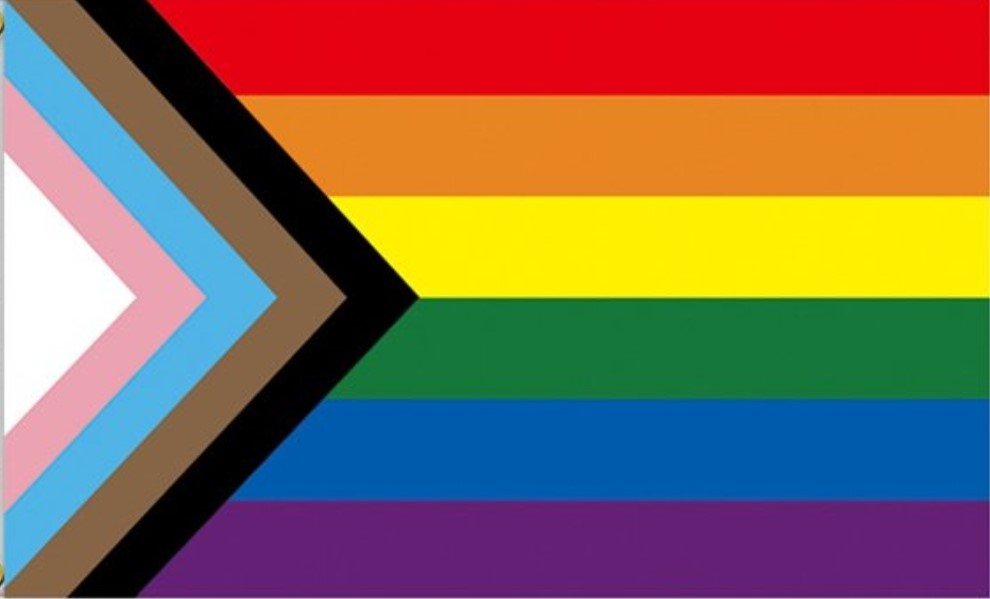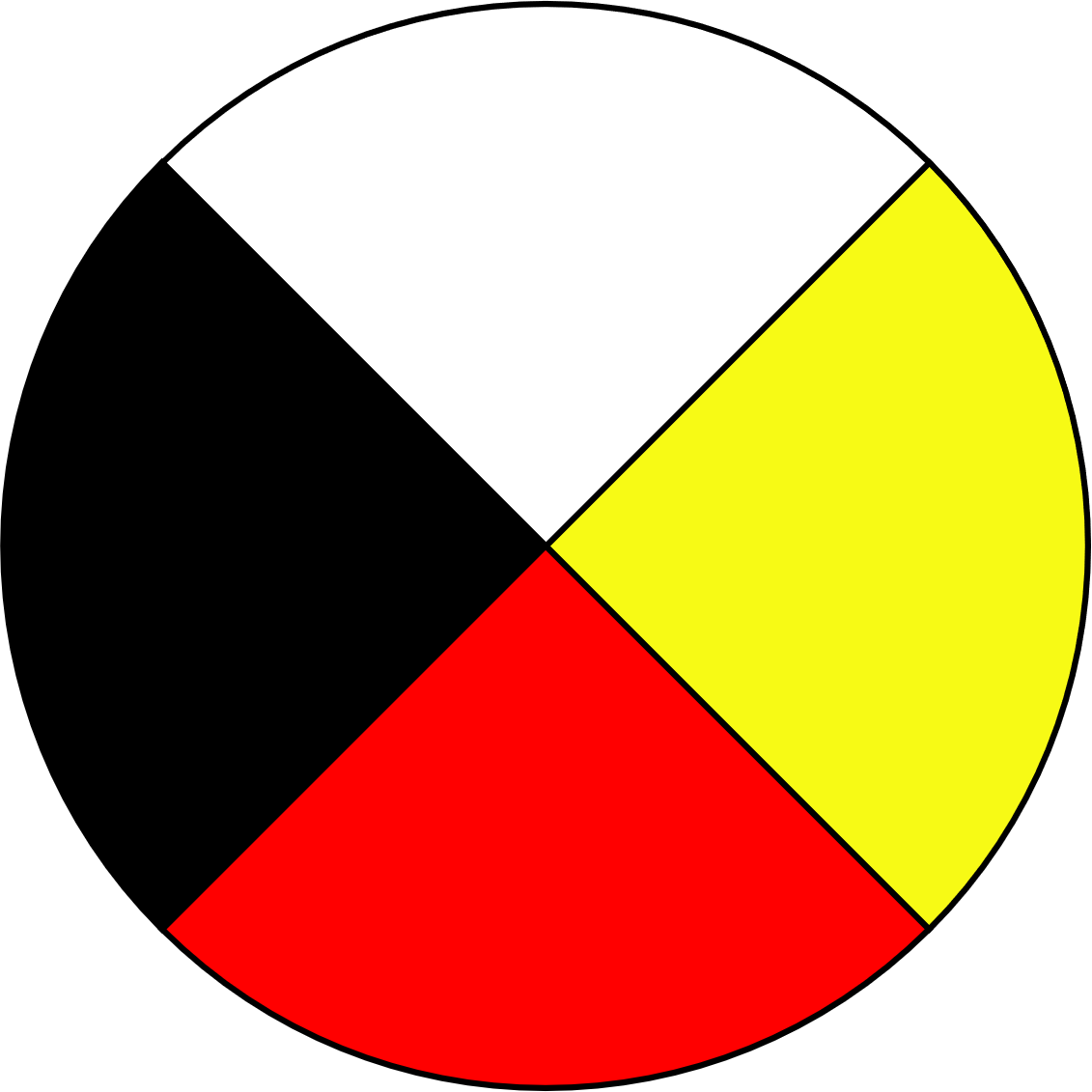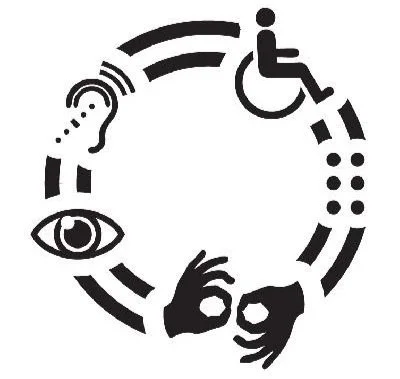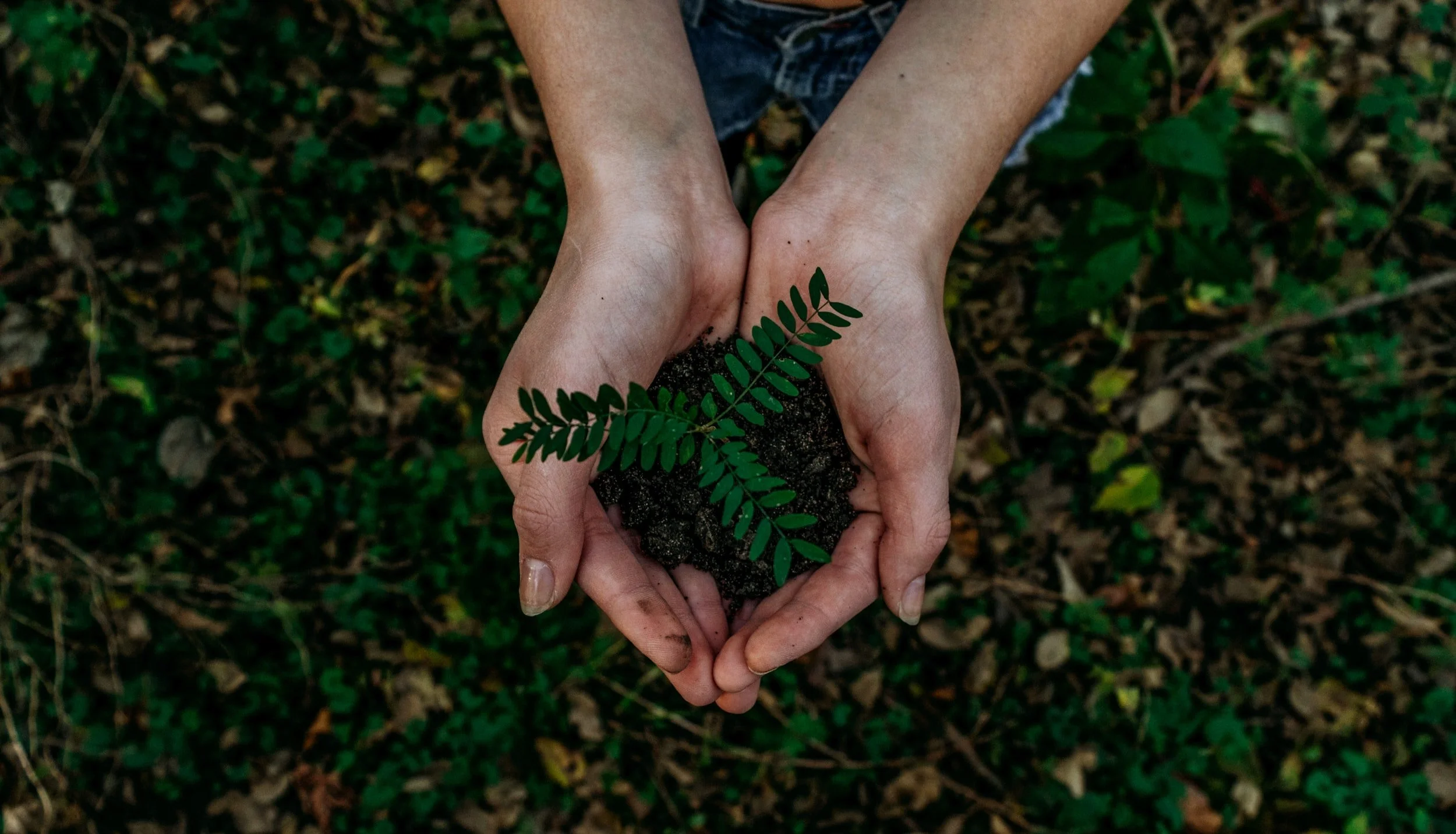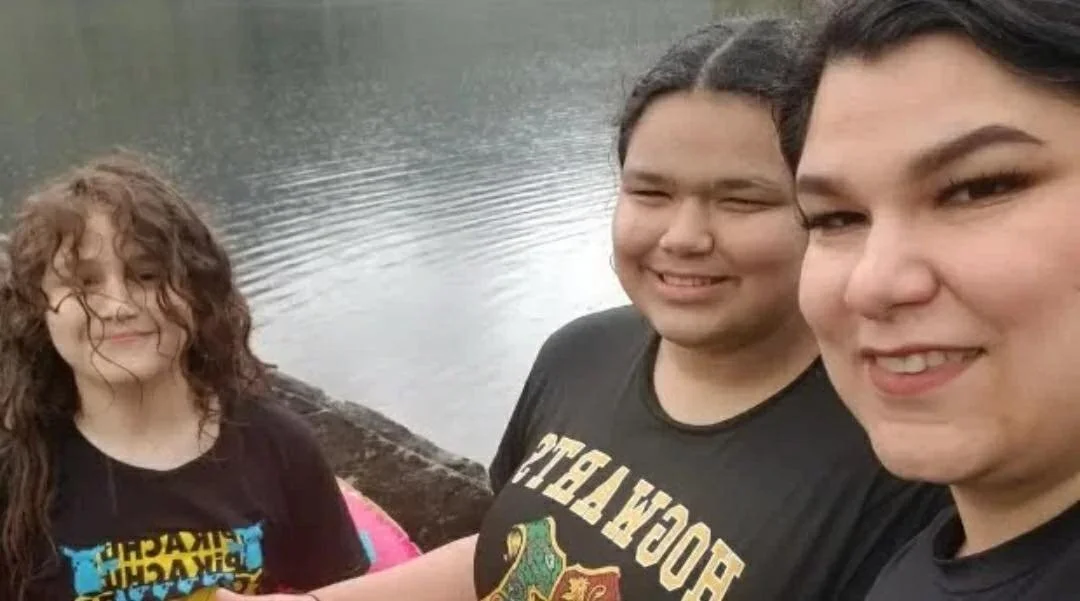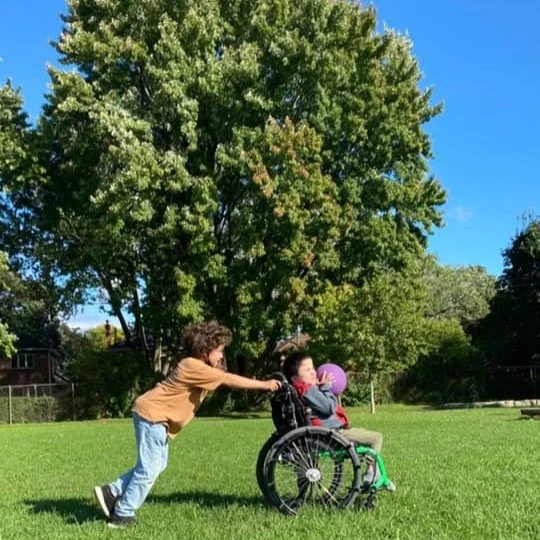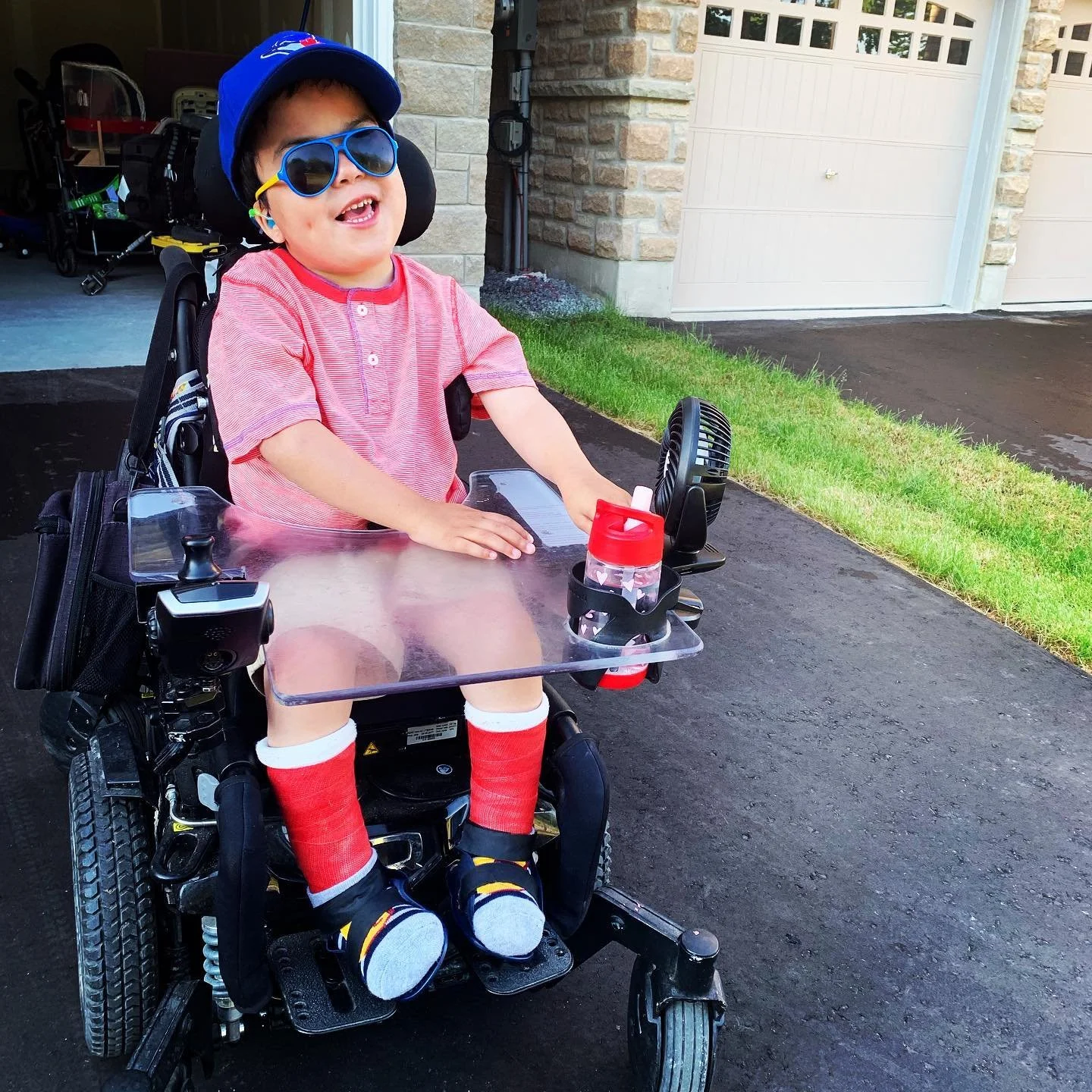As a Canadian Institutes of Health Research (CIHR) network that falls under Canada’s Strategy for Patient-Oriented Research (SPOR) initiative, CHILD-BRIGHT is deeply committed to the goals of Equity, Diversity, Inclusion, Decolonization and Indigenization (EDI-DI). This commitment includes, but is not limited to, shifting the culture of the CHILD-BRIGHT Network to align with an EDI-DI framework and actively engaging in reflective practices throughout our engagement, research, and knowledge mobilization. We strive to do this by centering the voices of historically excluded people and their lived and living experiences in our work, and by ensuring authentic inclusion of people with disabilities to make sure the connections created are meaningful and sustainable.
Our aim is to achieve excellence in research and knowledge mobilization by cultivating a culture and practices that promote EDI-DI throughout our network. We recognize the systemic barriers experienced by, biases towards, and inequities that exist for Indigenous Peoples, people with disabilities, racialized people, the LGBTQQIA2S+ (Lesbian, Gay, Bisexual, Transgender, Queer and/or Questioning, Intersex, Asexual, Two-Spirit, and the countless affirmative ways in which people choose to self-identify) community, and other marginalized groups.
Our network also recognizes that these inequities exist within research and has developed measurable actions to ensure equity by way of ongoing engagement with partners with lived and living experience (PWLEs) and Indigenous communities, supportive and inclusive leadership, dedicated resources, accountability, and transparency. We are committed to following the lead of Indigenous Leaders in academia, the Truth and Reconciliation Commission of Canada Calls to Action, the United Nations Declaration of the Rights of Indigenous People (UNDRIP), and the United Nations Conventions on the Rights of Persons with Disabilities (UNCRPD) by including decolonization and Indigenization within this guiding framework.
Our commitment
With the above practices in mind, CHILD-BRIGHT is committed to:
Centering the voices of people with lived and living experience and Indigenous Ways of Knowing & Being
Supporting equitable access for PWLEs and participants in our network through inclusive participation, including on research teams
Hiring of Indigenous Peoples, Black People, Peoples of Colour, queer and trans, and people with disabilities as PWLEs, participants, trainees, and researchers
Respectfully engaging in research with Indigenous Peoples and promoting Indigenous Ways of Knowing & Being within knowledge mobilization
Promoting the EDI-DI framework in our research design, practices, and knowledge mobilization, and throughout our network
Utilizing the EDI-DI framework when collecting and analyzing data from the research that we are conducting
Applying this framework in all our decision-making within our network
Our respect of the land upon which we work
We recognize that CHILD-BRIGHT’s work takes place on many traditional Indigenous territories across Canada. Our head office is located on the traditional unceded territory of the Kanien’kehà:ka Peoples, a place which has long served as a site of meeting and exchange amongst First Nations.
The legacy of our colonial history continues to have ramifications on the health and wellbeing of children across the country. We understand there is much for us to do in order to make strides towards this goal and the acknowledgement of the traditional land on which our work takes place on is only a first step in a much larger process. We recognize the importance of doing our part to address these harms so we can ensure that all children with brain-based developmental disabilities, including First Nations, Métis and Inuit children, receive the care and supports they need to live rich and full lives. We are committed to doing our part in identifying and dismantling colonialism and systemic racism in our pediatric health care systems to advance health equity.
Definitions
CHILD-BRIGHT is committed to equity and excellence in the pursuit of its research mission because an equitable, diverse, and inclusive environment enables all groups within the network to reach their full potential and contribute to evidence-based research that is important for our PWLEs across the network. Diversity strengthens the quality and impact of research by bringing together varying ideas, lived and living experiences, and Indigenous Ways of Knowing, and applying them to knowledge mobilization and implementation science. Diversity must also include Indigenous Peoples (First Nation, Inuit, and Métis) as the original people of the land that is now known as Canada and historically those with the highest indicators of health inequity in Canada. Indigenous Peoples, as of 2016, make up 1.8 million of Canada’s population. They have endured and continue to endure the trauma of multiple genocides which continue to lead to mistrust in the health community. Historically, Indigenous Peoples in Canada have also been excluded in research, implementation science, and knowledge mobilization. In order to address their health inequities, they need to be included in all aspects of research. Part of this process must include valuing and respecting Indigenous Ways of Knowing, self-determination, and sovereignty. This is achieved through decolonization and indigenization.
Learn more about what we mean by Equity, Diversity, Inclusion, Decolonization and Indigenization below:
EQUITY
Equity refers to an approach that ensures that all people have access to the same opportunities in society through identifying and eliminating barriers that exist. It is important to recognize that everyone does not start from the same place or history. Through applying an equity lens to patient-oriented research, practice, and policy, one would unveil the ways in which power, access, opportunities, treatment, impacts, and outcomes directly affect people to address this imbalance. In the context of CHILD-BRIGHT, our network is committed to equity in proportional participation at all levels within our network, distributing resources appropriately in order to eliminate equity gaps, and being reflective and willing to promptly address equity issues.
Diversity
Diversity refers to the existence of differences within a given setting. These differences may include gender, race, ethnicity, disability, sexual orientation, Indigenous identity, age, class, family status, and/or social-economic class. It recognizes the ways in which people are different and also similar at individual and group levels. Diversity focuses particularly on groups who remain underrepresented within research. The CHILD-BRIGHT Network recognizes and ensures the diverse representation of our key partners to ensure multiple perspectives are being represented from researchers, trainees, PWLEs, and participants. By ensuring we have diverse voices at our table, we are able to reflect the diversity of Canada and how the network contributes to research, policy, and practice, which in turn allows for equitable health outcomes for all children with brain-based developmental disabilities in Canada. Our network is committed to ensuring lived and living experience and health equity are centred in our research. Therefore, by recognizing the power and importance of diversity in patient-oriented research, the CHILD-BRIGHT Network demonstrates the commitment to advancing health equity across Canada.
Inclusion is an active, intentional, continuous process and practice in which different groups or individuals with varying identities (including, but not limited to, gender, sexual orientation, disability, Indigeneity, social-economic class, and health literacy level) are able to fully participate in society through addressing inequities in power and privilege. Inclusive cultures make people feel respected and valued for who they are as an individual or group through identifying and removing barriers. Additionally, it is building a respectful, safe, and diverse community that ensures that these spaces are inclusive and that there are opportunities for all to participate. Within the CHILD-BRIGHT Network, we are committed to inclusion, as it is paramount that we include the diverse perspectives of our PWLEs and provide equal opportunities for them to participate within the network.
INCLUSION
Decolonization is the divesting of colonial power in all aspects of society. Colonialism is the policy or practice of acquiring full or partial political control over another country, occupying it with settlers (a person or group of persons who have migrated to an area and established a permanent residence there, with the intention to colonize), and exploiting it economically. The aim of this part of the framework is cultural, psychological, and economic freedom for Indigenous Peoples, ultimately leading to Indigenous sovereignty. Indigenous sovereignty is the right and ability of Indigenous Peoples to practice self-determination over their land, cultures, health, education, political, and economic systems. Decolonization is achieved by deconstructing colonial influences on knowledge and education, eliminating its gendered hierarchies, and recognizing and respecting the sovereignty of each Indigenous nation. Decolonization also calls for decentering the narrative that settlers have held in regards to Indigenous Peoples and their Ways of Knowing and Being. CHILD-BRIGHT is committed to examining their operations and identifying ways in which they are perpetuating colonialism or contributing to the imbalance of power between Indigenous Peoples and their non-Indigenous counterparts (i.e., network members, researchers, and PWLEs) and identifying how they directly impact health equity for Indigenous children with brain-based developmental disabilities.
Decolonization
Indigenization recognizes the importance of Indigenous (First Nations, Inuit, Métis) worldviews, knowledge, and perspectives, and brings to the forefront Indigenous Ways of Knowing and Being in all aspects of society. Indigenous Peoples highly value traditional knowledge that revolves around an integrative holistic model that seeks to balance the mind, body, heart, and spirit with community and environment. This traditional knowledge and understanding of holistic wellness benefits all people. It must be acknowledged that there is not a homogenous Indigenous worldview, and that each Indigenous nation or community will have their own worldview. It is important to point out that as Canadians, we all live on Indigenous lands, many of which were never ceded but were stolen by settler governments. Those of us who are settlers are considered to be visitors on the lands of Indigenous Peoples. Out of respect, CHILD-BRIGHT is committed to come to know, understand, and value Indigenous culture. This means learning about local cultures, languages, and protocols. Indigenization is not undertaken solely to benefit Indigenous Peoples. Indigenization benefits everyone; we all gain a richer understanding of the world and of our specific location in the world through awareness of Indigenous knowledge and perspectives. It also counters the impacts of colonization by upending a system of thinking that has historically excluded Indigenous knowledge and history. This exclusion has led to many health inequities for Indigenous children with brain-based developmental disabilities in Canada. At CHILD-BRIGHT, by applying the Indigenization framework, Indigenous and colonial knowledge systems will not be seen as oppositional binaries but rather as concepts that complement each other, with Indigenous knowledge as a source to fill the gaps within Eurocentric models of teaching, learning, research, and education processes. This framework seeks to ensure inter-cultural collaboration. Indigenization is a priority to advance health equity for Indigenous children with brain-based developmental disabilities in Canada.


